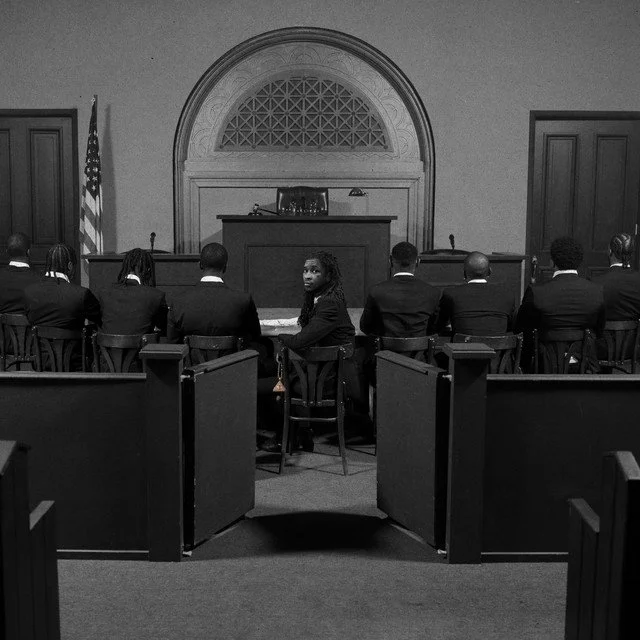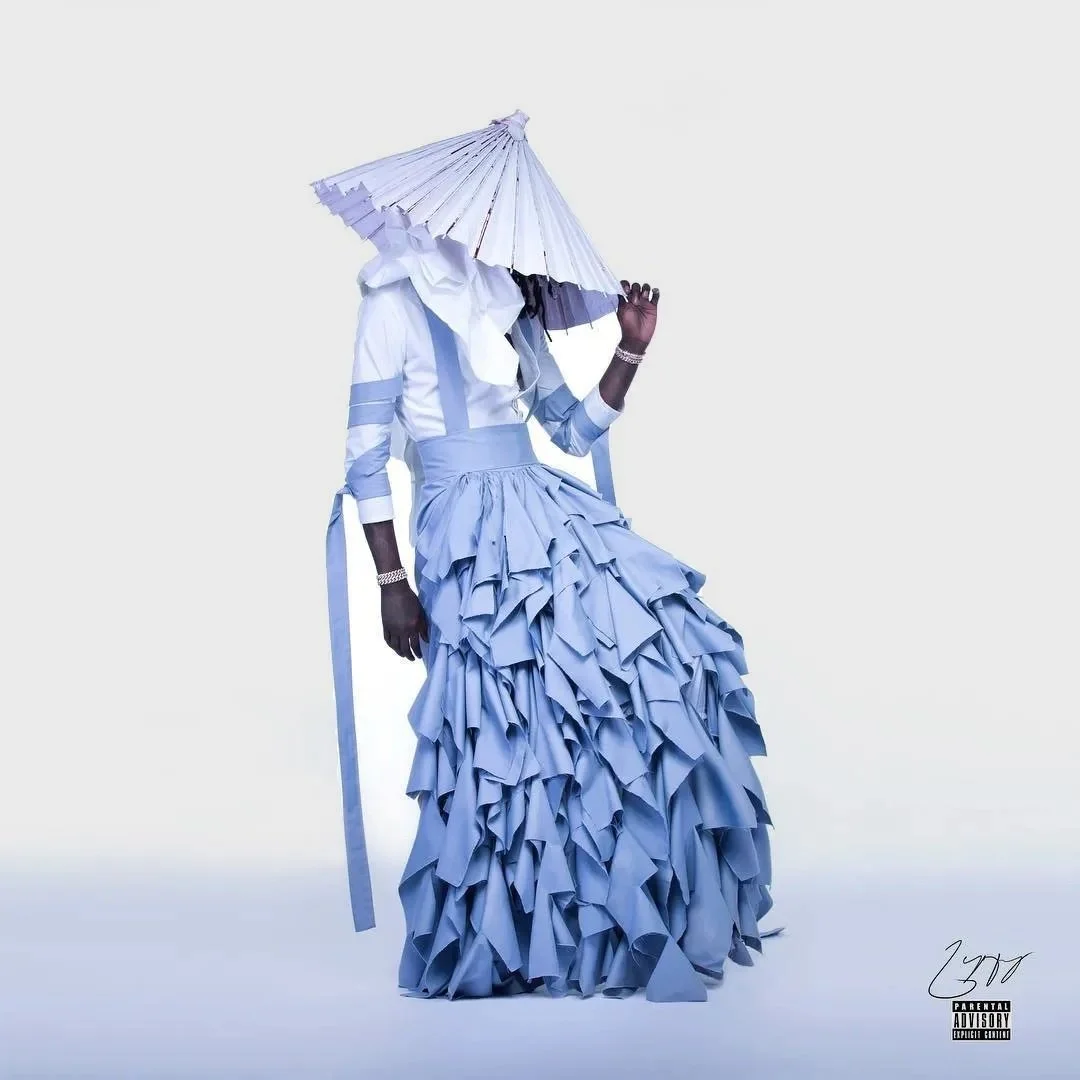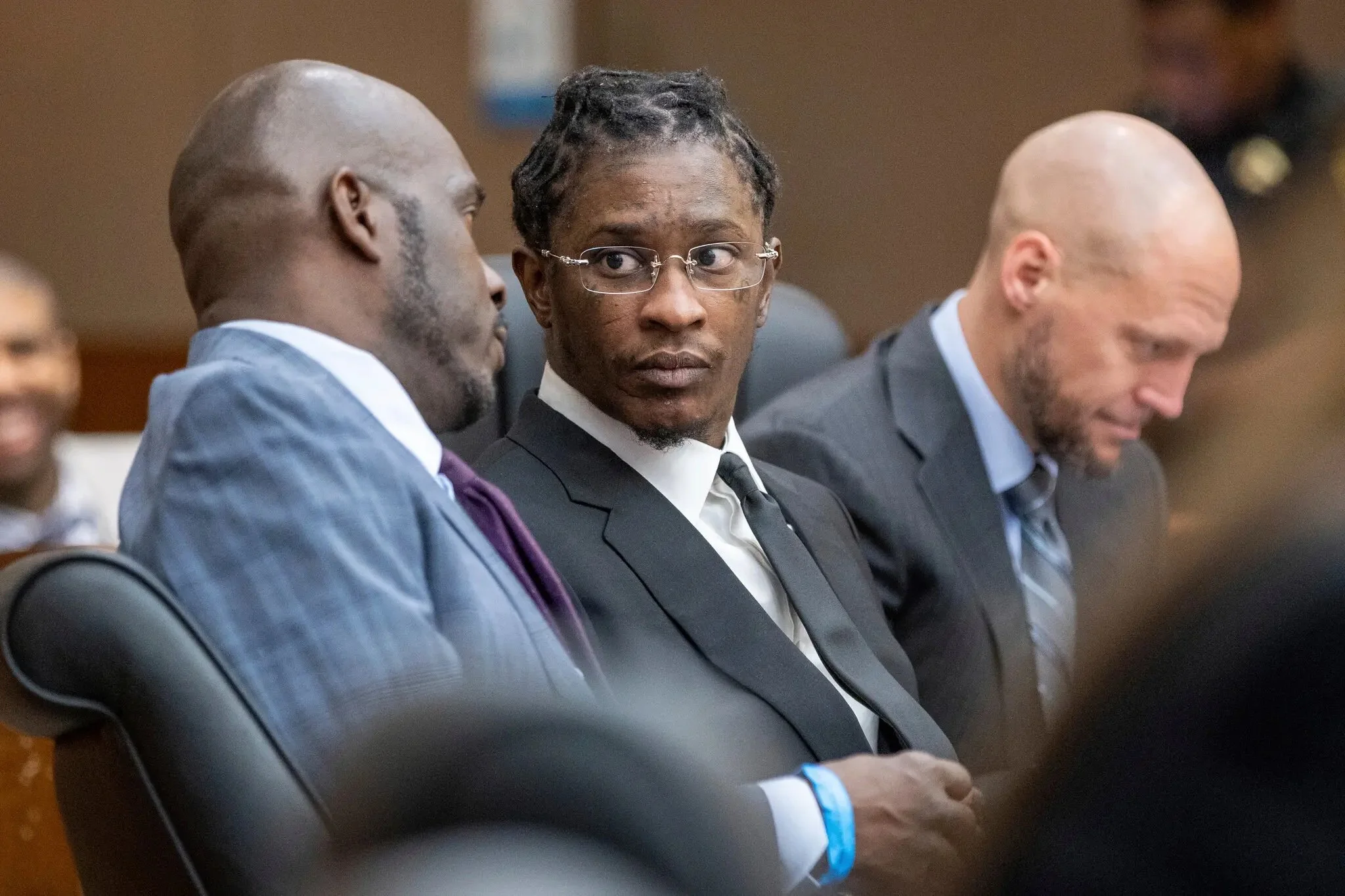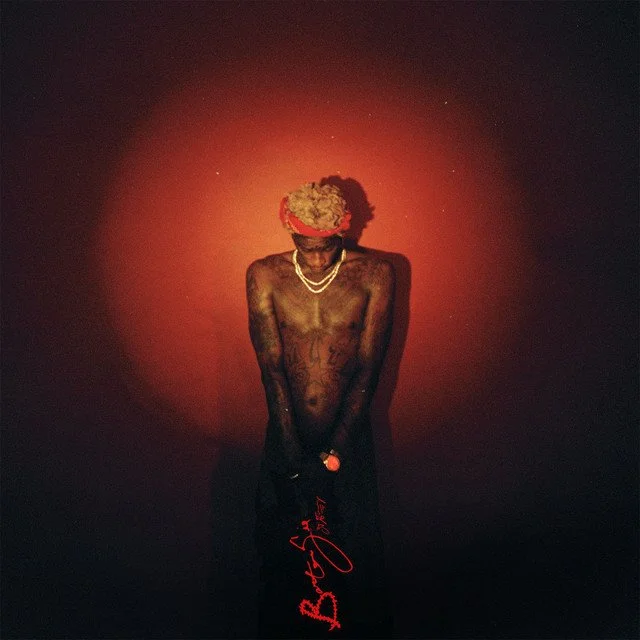Art Trial of the Century
The trial of Young Thug, a significant figure in the hip-hop world, has become a focal point for a broader discussion on the intersection of art, law, and societal norms. This trial, centered around the RICO charges against Young Thug and his label, Young Slime Life (YSL), is notable not only for its high-profile defendant but also for the contentious use of rap lyrics as evidence. This has raised significant concerns about the implications for artistic freedom and expression, particularly within the hip-hop community.
Young Thug's legal team has filed a motion to dismiss the case, a move reflecting the complexity and the stakes involved. The defense argues that the lyrics are artistic expressions, not reflective of real-life activities, contrasting the treatment of artists in different genres who have also sung about criminal behavior but have not faced similar legal scrutiny. The prosecution, however, is attempting to use these lyrics to establish a connection to criminal behavior and to portray Young Thug as a leader within the alleged "YSL Gang".
The trial's approach to using rap lyrics as evidence opens up a broader debate about the role of artistic expression in legal proceedings and the potential for racial and cultural biases. It questions the line between creative storytelling and real-life confession, a line that is often blurred in the realm of art, especially in genres like rap, where storytelling is a core element. Historically, other art forms and artists have engaged in controversial or questionable expression without facing similar legal scrutiny. For instance, consider the world of rock music, where artists like Ozzy Osbourne and Marilyn Manson have portrayed violent or disturbing themes in their songs and performances.
Despite the provocative nature of their art, it has not been subjected to the same legal analysis as evidence of their personal conduct. Similarly, filmmakers who create movies with themes of violence or crime typically aren't subjected to legal consequences based on the content of their films. These examples highlight a disparity in how different forms of artistic expression are treated in legal contexts.
Moreover, the case raises important questions about the use of the RICO Act and its application in contexts like this, where convoluted and questionably relevant evidence, including artistic expression, is subject to interpretation. The outcome of this trial could have significant implications for the future relationship between the legal system and the arts, particularly in urban settings where hip-hop is a vital form of expression and cultural identity. The decision to use these lyrics as evidence could also set a concerning precedent, potentially impacting not only artists in the hip-hop genre but the wider artistic community as well.
As the legal battle unfolds, the world watches closely, recognizing that the implications of this case extend far beyond the courtroom, touching on fundamental issues of artistic freedom, cultural expression, and the role of art in society.
The trial of Young Thug isn’t just about one artist – it's a battle for the soul of artistic freedom. If this resonates with you, raise your voice. Share your thoughts, write to your local representatives, and join the conversation on social media. Pittsburgh's art scene, and indeed the nation's, requires active participation and critique.
Contact your Pittsburgh representatives. You can find them here. Demand that art remains a realm of free expression, not criminal evidence. Stay informed, stay vocal.
Pennsylvania General Assembly - Find Your Legislator: Find Your Legislator - PA General Assembly
Pennsylvania State Senate - Members List: Members of the Senate - PA State Senate





